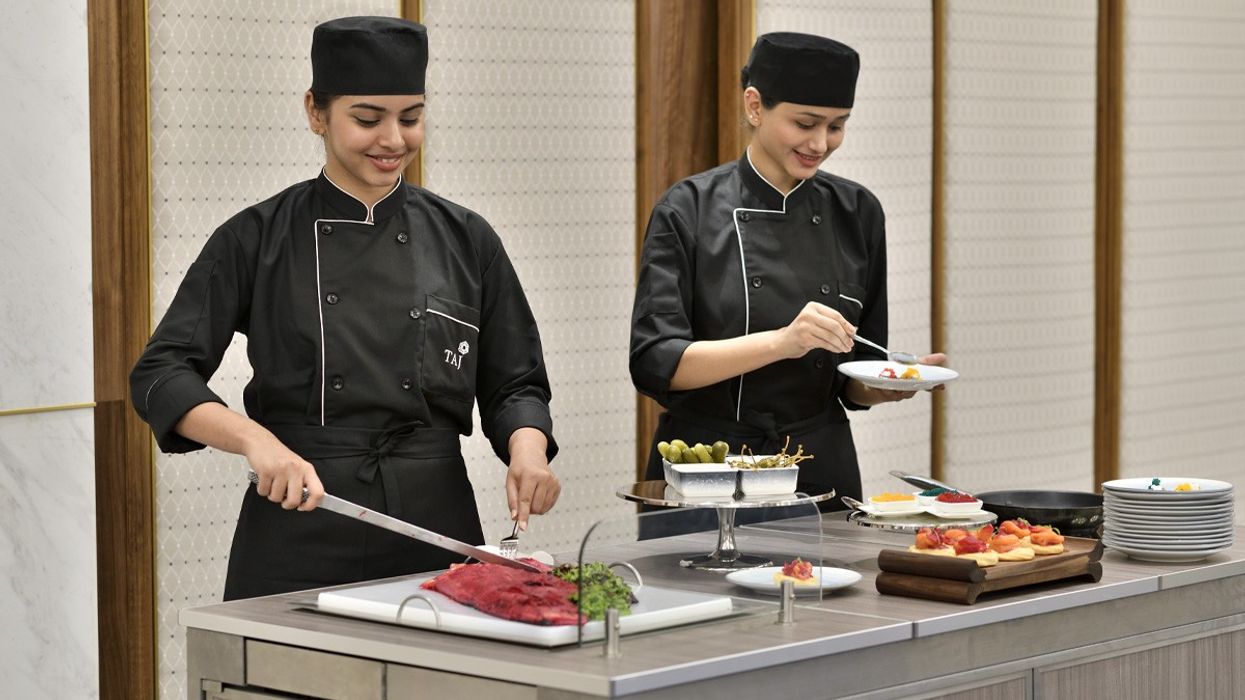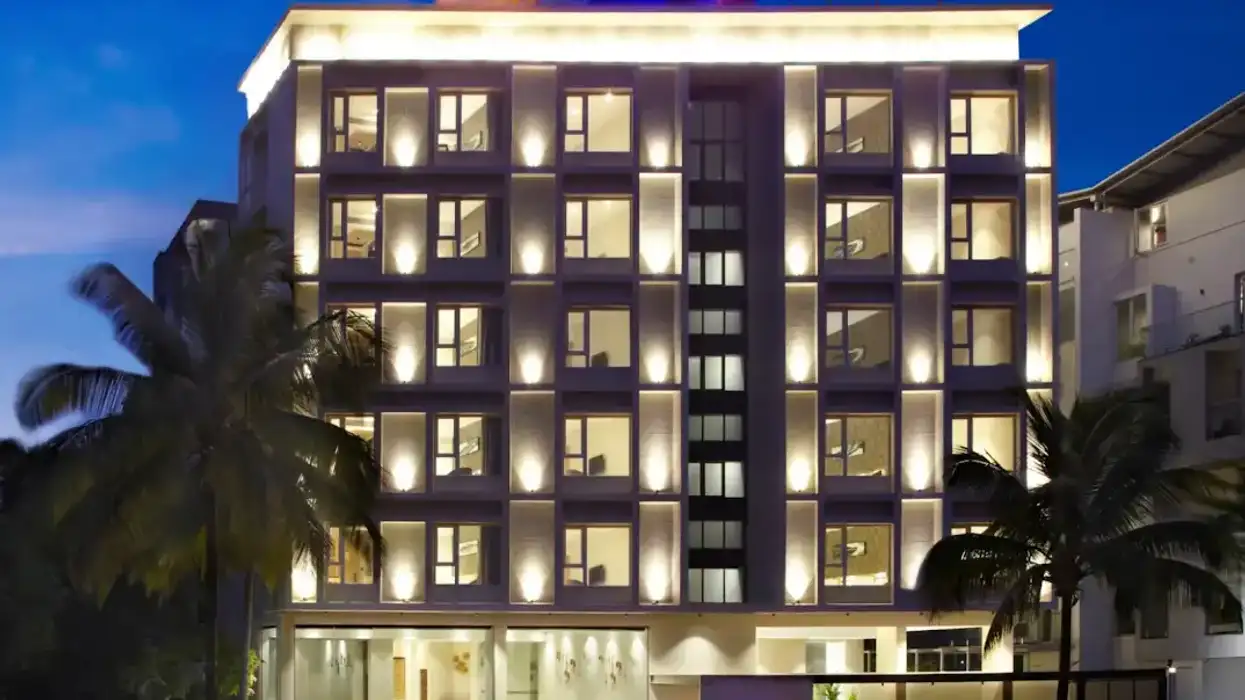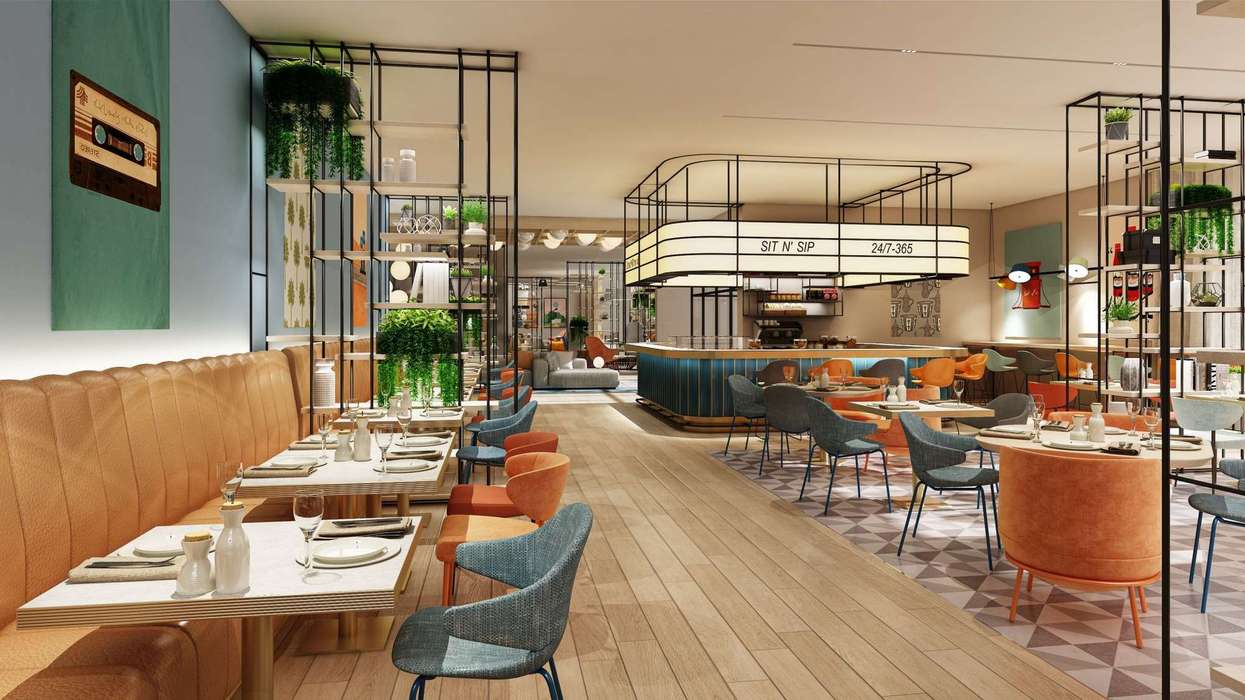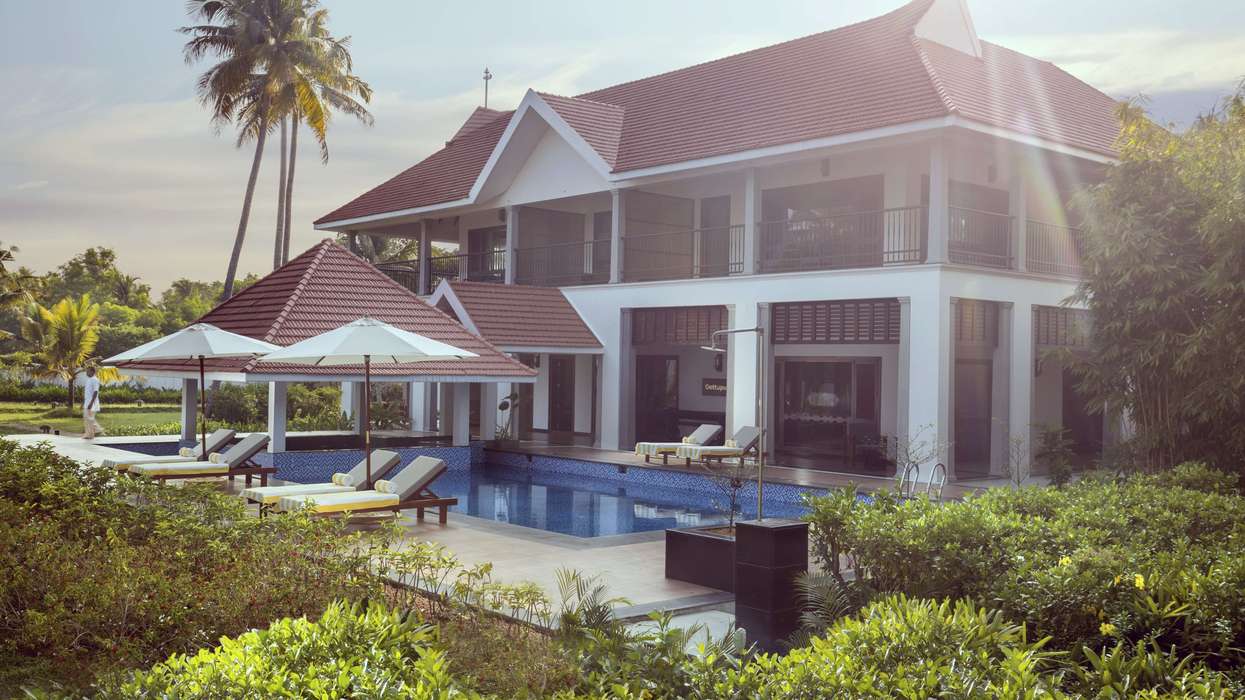INDIA’S TOURISM AND hospitality sector is set for significant growth, with the potential to create 6.1 million new jobs by 2034, according to a whitepaper by the Confederation of Indian Industry and EY. Currently, the sector accounts for about 8 percent of India’s total employment.
Titled “Reimagining Workforce Horizons: Employment Landscape in Tourism and Hospitality in India,” the report highlights a strong recovery in the sector, driven by a resurgence in domestic tourism despite COVID-19 setbacks. This growth is expected to continue, with sectoral spending projected to rise 1.2 times by 2034, requiring a skilled workforce.
The report said that of the 6.1 million new jobs expected by 2034, 4.6 million will be for men and 1.5 million for women. This growth underscores the sector's potential for gender inclusion and workforce expansion, while emphasizing the need for strategies to attract and retain female workers, further boosting employment opportunities.
The CII-EY study recommends focusing on specialized skills in areas such as digital marketing, sustainable tourism practices, and advanced customer service to equip the workforce for future demands. These skills will be crucial to meet the evolving needs of domestic and international tourists.
Key initiatives to address the skills gap and enhance career prospects include Gamified Learning Management Systems for continuous development, collaboration with industry associations to create career advancement pathways, and establishing a taskforce under the Ministry of Tourism to standardize skills and educational frameworks across the sector.
The whitepaper stresses the importance of an inclusive workforce, empowering women and marginalized communities. It advocates for policies that incentivize participation, particularly in emerging segments like medical tourism, and proposes a tourism employment index to track trends and provide actionable workforce insights.
The report also highlights the need to integrate Digital Public Infrastructure to position India as a global hub for innovative tourism solutions. This includes granting industry status, offering targeted subsidies, and implementing Employment Linked Incentive schemes to drive job creation.
It also explores the gig economy’s potential for providing flexible employment, particularly during peak seasons, and highlights the rise of Gen Z in the workforce as a driver of more flexible, tech-savvy, and community-driven work environments. These trends are expected to create a dynamic and innovative labor market within the sector.
Looking beyond 2034, the report projects that by 2036-37, the sector will need an additional 6.13 million workers to meet rising demand. Upskilling women and marginalized communities will be crucial in bridging skill gaps and enabling the sector to fully capitalize on its potential for economic growth and job creation.
India's rank on the World Economic Forum’s Travel & Tourism Development Index 2024 has risen to 39th, up from 54th in 2021. The sector's direct contribution to India's GDP exceeded $231 billion in 2023, making India the second-largest tourism GDP contributor in the Asia-Pacific region, the report noted.
In conclusion, the CII-EY whitepaper calls for collaboration between the government, private sector, and academic institutions to unlock the tourism and hospitality sector's full potential.
A recent study by Hotelogix found that flexible supplier contracts and cost-effective cloud solutions give Indian mid-segment hotel brands an edge over international competitors.






